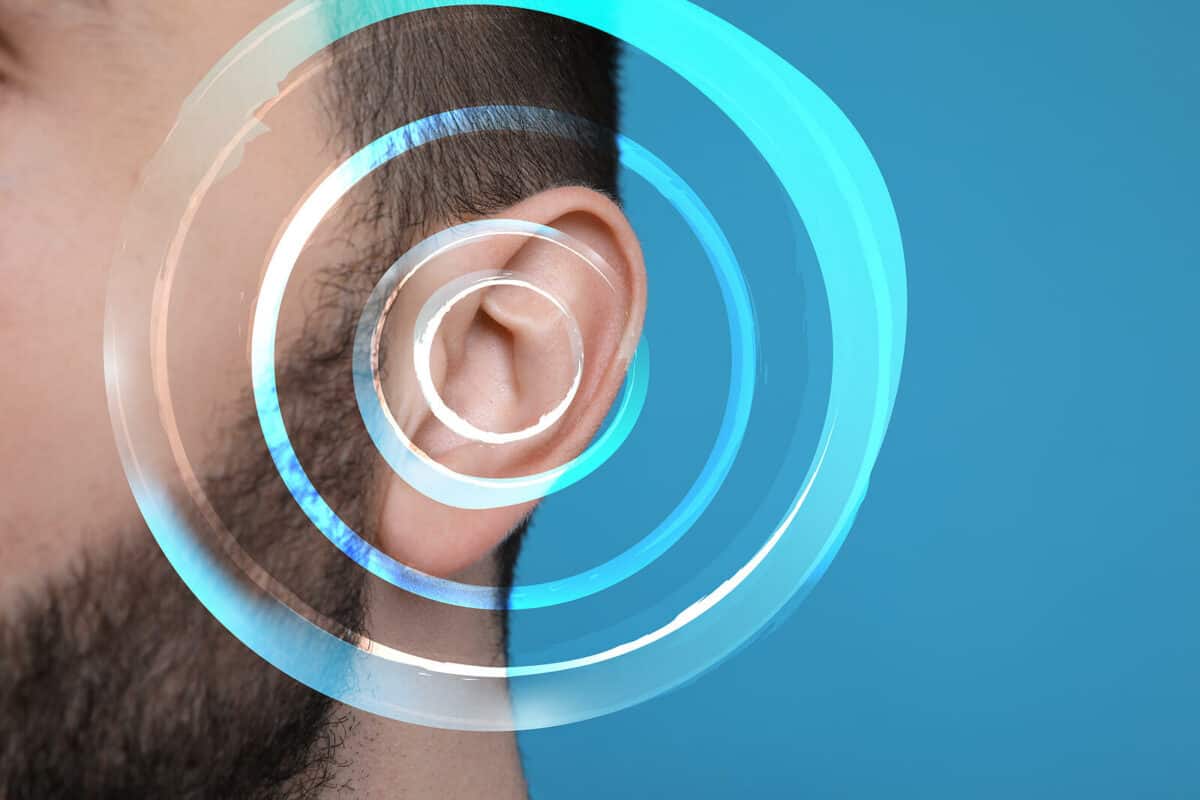In the realm of auditory health, the interplay between hearing loss and tinnitus is a complex and often perplexing phenomenon. As a seasoned hearing professional, it is crucial to explore the intricate relationship between these two conditions to provide valuable insights for both patients and fellow professionals. This article delves into the ways in which hearing loss can exacerbate tinnitus, weaving together recent research findings, cutting-edge advancements, and the imperative role of early detection in managing these interconnected challenges.
The Interconnected Web:
Tinnitus, commonly described as the perception of noise or ringing in the ears, is a condition that can manifest in various forms and intensities. Its correlation with hearing loss is rooted in the delicate architecture of the auditory system. The inner ear, a complex network of hair cells and nerves, is responsible for translating sound vibrations into electrical signals that the brain interprets as sound. When hearing loss occurs, whether due to age, exposure to loud noises, or other factors, the compensatory mechanisms within the auditory system can inadvertently contribute to the amplification of tinnitus.
Research Insights:
Recent studies have shed light on the intricate mechanisms that link hearing loss and tinnitus. A study published in the Journal of Neuroscience (2020) uncovered a connection between decreased auditory input and an increased neural activity in the auditory pathways, potentially leading to the heightened perception of tinnitus. This finding underscores the importance of understanding the neural underpinnings of these conditions to develop targeted interventions.
Advancements in Diagnosis:
Accurate diagnosis is the first step towards effective management. Innovations in diagnostic tools have significantly improved our ability to identify and quantify hearing loss and tinnitus. High-resolution imaging techniques, such as functional magnetic resonance imaging (fMRI), offer a window into the neural activity associated with these conditions, aiding in precise diagnosis. Additionally, audiologists now employ sophisticated audiometric tests, including high-frequency audiometry, to detect subtle hearing loss that may go unnoticed in standard assessments.
Management Strategies:
Addressing hearing loss is paramount in managing tinnitus. Conventional hearing aids have evolved into sophisticated devices that not only amplify sounds but also incorporate advanced signal processing algorithms. These algorithms are designed to enhance speech intelligibility while minimizing the perception of tinnitus. Moreover, the integration of Bluetooth technology allows for seamless connectivity with external devices, offering a personalized listening experience for individuals with both hearing loss and tinnitus.
Futuristic Interventions:
As we peer into the future, promising interventions on the horizon aim to revolutionize the landscape of hearing loss and tinnitus management. Gene therapies, for instance, show potential in repairing damaged hair cells, potentially restoring hearing function and alleviating tinnitus. Nanotechnology is also emerging as a frontier, with nanoscale devices envisioned to directly interact with the auditory system, providing targeted and personalized treatments.
The Crucial Role of Early Detection:
The adage “prevention is better than cure” resonates profoundly in the context of hearing loss and tinnitus. Early detection of hearing loss allows for timely intervention, potentially mitigating the exacerbation of tinnitus. Routine hearing screenings, particularly for individuals exposed to occupational or recreational noise, are instrumental in identifying issues before they manifest into more complex challenges.
Compassionate Care:
Navigating the intricate relationship between hearing loss and tinnitus requires a compassionate approach. It is vital for hearing professionals to foster open communication with patients, addressing not only the physical aspects but also the emotional toll that these conditions can inflict. Support groups and counseling services play a pivotal role in helping individuals cope with the psychological impact of living with hearing loss and tinnitus.
In the dynamic field of auditory health, understanding the nexus between hearing loss and tinnitus is essential for providing comprehensive care. Recent research insights, diagnostic advancements, and futuristic interventions collectively contribute to a holistic approach to managing these conditions. As hearing professionals, our commitment to early detection, compassionate care, and staying abreast of cutting-edge developments ensures that we can empower our patients on their journey towards better auditory health.

